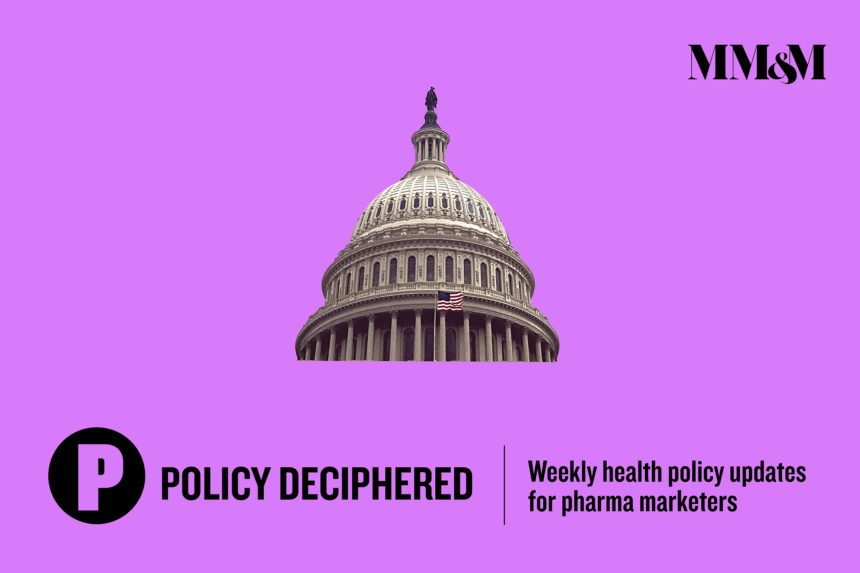New York and California this week sued Juul for deceptive and aggressive marketing that has contributed to a public health crisis. Wait, doesn’t that sound familiar?
It should. The e-cigarette industry is following the drug industry in also being pulled into lawsuits about deceptive marketing practices. For drug companies, the issue is opioids. For Juul, it’s teen vaping.
The California lawsuit’s claims about Juul include:
- Targeting young people through advertising;
- Failing to warn about the product’s chemical exposure and risks for cancer, birth defects and reproductive harm;
- Failing to verify buyers’ age;
- Violating minors’ privacy by keeping their email addresses and sending marketing material to them after they failed age verification on the website.
New York’s lawsuit has similar claims:
- Deceptive business practices;
- False advertising;
- Selling tobacco products to minors;
- Marketing e-cigarettes as a safe alternative to cigarettes without federal authorization
Both lawsuits are arguing these actions created a public health epidemic.
These claims sound familiar to anyone who has followed opioid lawsuits. Thousands of state, city and tribal governments have claimed that a few drug companies’ marketing tactics led to the opioid epidemic. Only one of the lawsuits has gone to trial, but in that Oklahoma case, the drugmaker was found responsible for fueling the opioid crisis.
The New York and California lawsuits have joined North Carolina, which filed a similar complaint against Juul in May. This week, two counties and a school district in Washington state also filed a lawsuit against Juul.
All of these cases claim that the company’s marketing to teens, among other actions, contributed to a public health crisis. These suits, like the opioid cases, are seeking money to help the government control and end the public health crisis.
For example, the New York case wants to force Juul to create “an abatement fund with sufficient capital to eliminate the public nuisance it is responsible for creating, exacerbating, and/or perpetuating,” according to the complaint.
While these six lawsuits are nowhere near the 2,000-plus filed against the drug industry over the opioid crisis, that number could snowball as teen vaping becomes more common and more headlines about deaths from the vaping-related lung illness appear.
These lawsuits could also fill the void where federal rules or legislation may fail. This week, President Donald Trump reportedly backed off a plan to ban all flavored vapes. The Department of Health and Human Services and the Food and Drug Administration are still developing rules to better regulate e-cigarettes.







